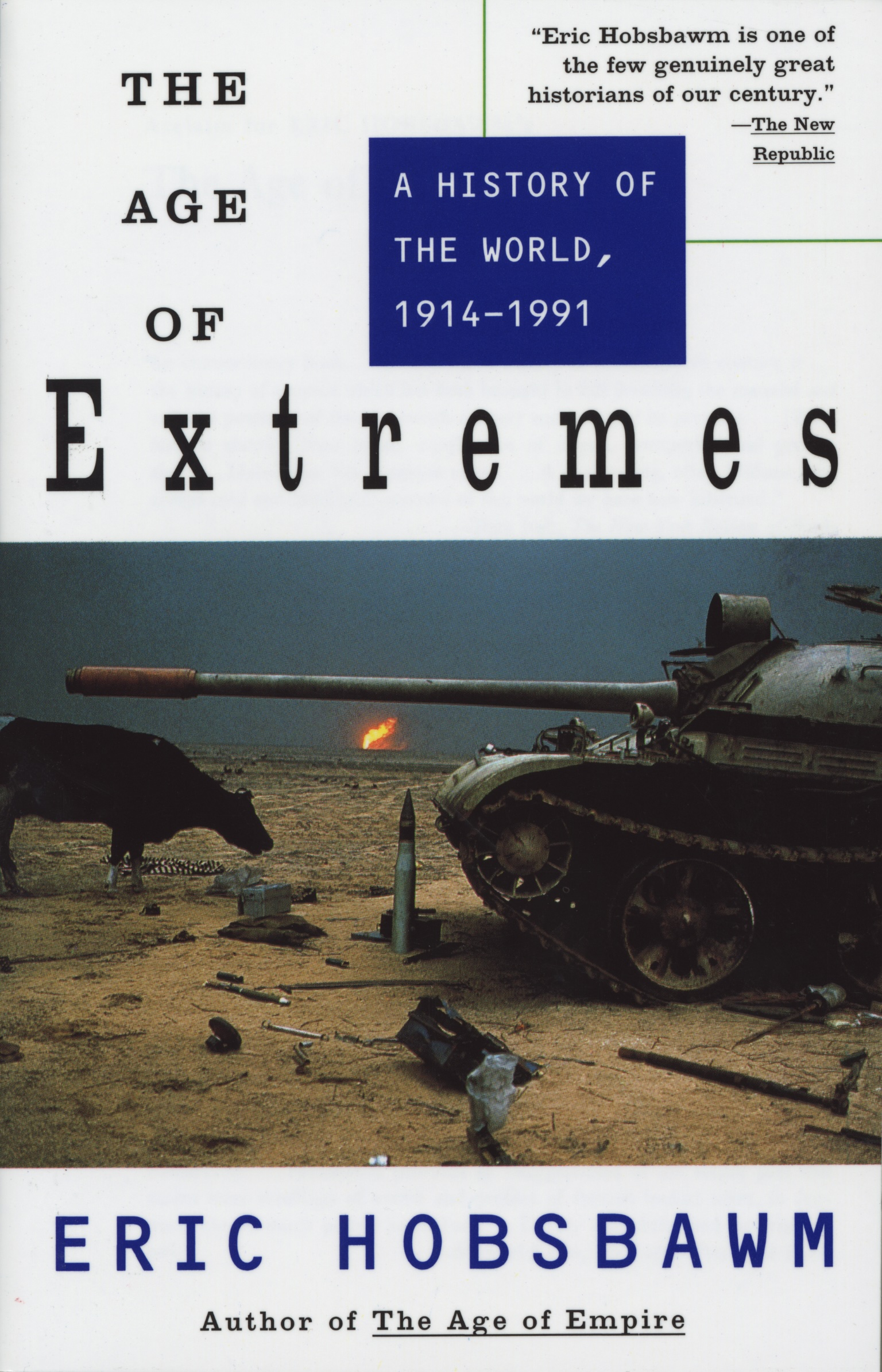
The End of History and the Last Man
Book Description
What if history has reached its grand finale? In a world reshaped by the fall of empires and the triumph of liberal democracy, Francis Fukuyama boldly explores the radical idea that humanity’s ideological evolution has peaked. Through compelling arguments and vivid examples, he challenges us to confront the implications of a post-history reality, where the quest for progress seems locked in a perpetual state of complacency. Is the end of history also the beginning of existential dilemmas? As society grapples with threats to freedom and identity, how will we navigate this uncharted terrain?
Quick Book Summary
"The End of History and the Last Man" by Francis Fukuyama argues that, with the widespread adoption of liberal democracy after the Cold War, humanity may have reached the endpoint of its ideological progression. Fukuyama builds on Hegelian philosophy to suggest that liberal democracy represents the final form of government, promising both individual liberty and economic prosperity. While acknowledging that challenges and threats remain, such as nationalism and religious fundamentalism, Fukuyama asserts that no alternative system currently presents a superior model. The book also explores existential issues arising now that revolutionary change seems less urgent, raising concerns about human purpose, identity, and fulfillment in a world where ideological struggle is diminished. Fukuyama's provocative thesis invites debate about the future of freedom and meaning in modern society.
Summary of Key Ideas
Table of Contents
The Triumph of Liberal Democracy
Fukuyama argues that with the end of the Cold War and the global spread of market economies and democratic governments, liberal democracy has emerged as the apex of humanity’s political evolution. Drawing on the collapse of communist regimes and the insufficiency of alternative ideologies, Fukuyama posits that there are no fundamental ideological competitors left to challenge liberal democracy’s core values of individual rights, political participation, and economic freedom. This forms the basis for his claim that history, in the sense of humanity’s ideological development, may have reached an endpoint.
Hegelian Philosophy and Historical Progress
The book builds its core arguments atop Hegelian philosophy, particularly Alexandre Kojève’s reading of Hegel, which suggests that history is the unfolding of human freedom and self-consciousness. Fukuyama presents liberal democracy as the realization of these aspirations, offering a model where both the desires for recognition (thymos) and material well-being are fulfilled. He examines how ideologies like fascism and communism failed to deliver on these fronts, leaving liberal democracy the most robust option for modern society.
Challenges to Liberal Democracy
Despite his thesis, Fukuyama recognizes the continual presence of threats to liberal democracy, including nationalism, religious fundamentalism, and social inequality. He acknowledges that while liberal democracy has beaten its major ideological rivals, unresolved issues and emerging challenges could destabilize its dominance. The persistence of conflict and identity politics suggests that while the broad arc of ideological struggle may have ended, history’s practical and local dramas continue.
Existential Consequences of History's End
Fukuyama explores the profound existential dilemmas that arise in a post-historical age. With the ideological battles apparently concluded, societies may face new challenges related to meaning, satisfaction, and identity. He warns that the absence of grand projects or compelling ideological adversaries could breed ennui, complacency, or even a desire to overthrow the very stability liberal democracy brings, thus testing the resilience and adaptability of its institutions.
The Persistence of Human Struggle
Ultimately, Fukuyama does not argue that history, understood as the unfolding of events, ceases to exist, but that the fundamental questions over the best form of government have been largely settled. The book ends by contemplating whether humanity will be satisfied with the "last man"—the citizen of liberal democracies—or whether the drive for recognition and greatness will spark new forms of struggle. Fukuyama’s work remains a pivotal reflection on the triumph, challenges, and intrinsic contradictions within modern political life.
Download This Summary
Get a free PDF of this summary instantly — no email required.





